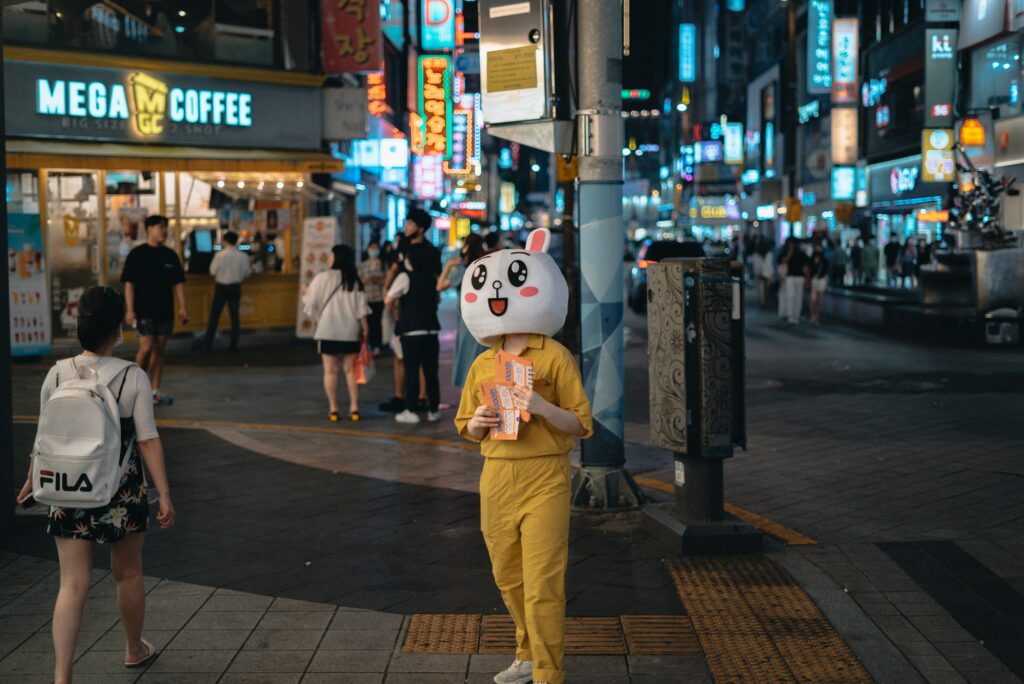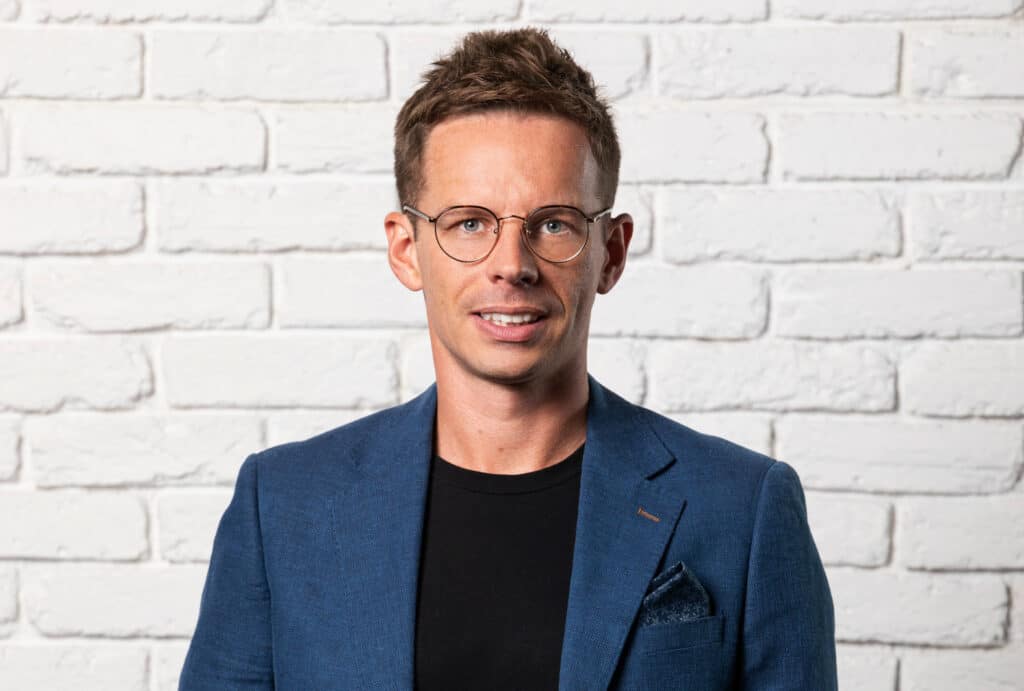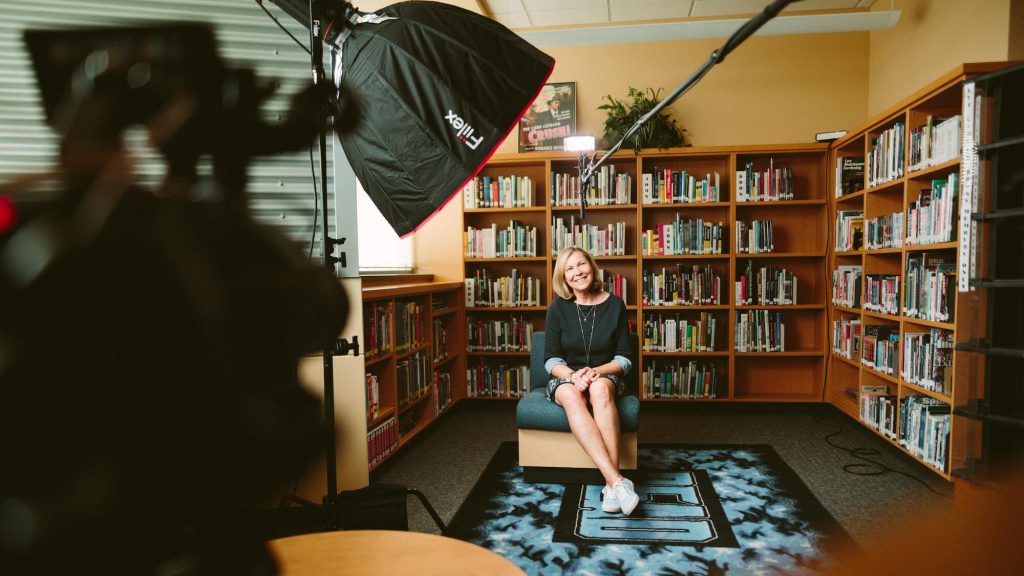There won’t be any marketing in this article, nor will there be any “tips for working remotely”. I’m not even going to pretend to be helpful to anyone because a) I think we’ve all been drowned in companies being “helpful”; and b) I’m in no position to offer advice. Finally, there most certainly won’t be any health commentary because I’m not a healthcare professional.
I wanted to write this because it helps me to write things down, perhaps more so than it helps others to read what I have written. Often I can process my thoughts more effectively as I’m writing them down. And over the last month, there have been a lot of thoughts to process, that’s for sure.
First, let me say this. I have lived through the Gulf War (more on that later), the assassination of Prime Minister Rabin, numerous states of “terrorism as usual” in Israel, the dot com crash September 11 and the global financial crisis. But nothing compares to what we’re experiencing right now with the coronavirus.
This crisis has three dimensions. First, at its very core is a very real health risk. This has caused anxiety on a global scale and systemic failure. It’s very real and very sad. Second, our mobility is significantly restricted and most of us humans aren’t coping too well with not being able to move around. Even when buses were exploding in Tel Aviv people would still carry on with their lives. But now we can barely go out. And finally, we’re in the midst of an extraordinary financial meltdown. Extraordinary because entire sections of the economy literally cannot function. This isn’t about sub-prime loads exploding on us. People literally can’t open the doors of their businesses. Furthermore, we’re experiencing something very few of us in the developed world has seen before – scarcity. I am fortunate enough to have only known abundance. I certainly don’t have everything I want, but I’ve never had to worry about empty shelves in the supermarket or panic-buying.
In the Gulf War – the original one when Saddam dropped Scud missiles on Israel – I was just starting high school. For about six weeks – and forgive me if my memory is slightly off – we stayed home from school. Saddam was threatening to unleash chemical and biological attacks, which was pretty scary. Every few nights we’d wake up to a siren and rush to the “sealed room”. Each apartment had to have a room that could be completely sealed off – usually the master bedroom – and when the sirens started families would rush to that room and put gas masks on until the military said it was safe to take them off. I was a kid, so the main things I remember are not having to go to school and the comedy shows that kept us entertained. My youngest brother was a tiny baby and babies aren’t a great fit for gas masks it turns out. So he had to be placed in a see-through sort of bubble. Kind of like “bubble boy” from Seinfeld but for babies. Not a great start to life, admittedly, but he’s almost a Ph.D. now so it worked out ok for him.
The thing with the Gulf War though was that one day it was just over. And that was it. Life went back to normal. Also, the danger was clear. People understand it and followed instructions. They didn’t decide for themselves that it’s ok to throw a party when missiles were falling. I’m not minimizing the seriousness of war in any way. I was a soldier myself a few years later. I’m offering my perspective as someone who experienced it as a civilian. Contrast that with the situation we’re in now. It seems both incoherent and indefinite. The battle will be long and victory will be gradual. This is a war of attrition.
Ok enough with the bleakness. Let’s get back to the present. At Vervoe we’re in a special sort of situation whereby we’re both a startup that is impacted in its own right and also a hiring platform and therefore intrinsically connected to what’s happening. We’re not as connected as say a healthcare company, but our fortunes aren’t just tied to the macroeconomic environment, they’re directly tied to the market’s willingness to hire people. And in that latter respect, we’re seeing some amazing things. Amazing in the literal sense, not necessarily in the “amazing = great” colloquial sense.
As a startup, it’s tough. The “grow at all costs” narrative has turned into “slash and burn” seemingly overnight. And it’s inescapable. We’re hearing it from every corner of the earth and outer space too. You wouldn’t believe the messages I’ve been getting. What’s interesting though is that most of the people offering advice aren’t backseat drivers, they’re impacted themselves. We have investors who have lost their entire businesses, been fired or worse. Nobody is immune and it’s all about survival. Everyone is expecting the worst, and they’re expecting “the worst” to last for a long time.
As it happens, we’re actually doing fine. But the impact has been profound. Deals that were ready for signature disappeared overnight (they’ll be back when things improve, but still). Customers in impacted sectors have had to freeze hiring. Budgets have disappeared. Obviously conferences have been canceled. Thankfully, we have two inherent advantages that have softened the blow a little. First, our business model is completely adaptable to working remotely. We’re already on all three major continents so we’re used to timezone hopscotch. We moved the entire company to work from home without a hitch. Second, we don’t rely on field marketing or field sales. Most of our leads come inbound or from referrals, and we sell over, yes you guessed it, Zoom. Always have. So in that respect, it’s business as usual. Kind of.
But we can’t see more than a few weeks ahead, much less months or quarters. Everything is uncertain and it’s impossible to forecast reliably.
Most importantly, our team is resilient and morale is as high as can be expected. Yes, our people are anxious, but who isn’t? Everyone is healthy, which is the most important thing. My co-founder, David, and I have both had a number of things to contend with outside work – with varying degrees of anxiety – but overall we’re up and running and in good spirits. Put it this way, I have nothing to complain about. The question is how long it will stay this way.
One thing I’m very sensitive to is ensuring the people in our company aren’t complacent. A lot of people aren’t taking the coronavirus threat seriously enough and I don’t want that to happen to us. Several people I know have told they think this will “all be over soon”. I think they’re in for a rude surprise. But I also don’t want to freak people out. We can’t spend all day thinking about the apocalypse. We need to stay focused and stay positive. So my messages to the team are in three parts: unfiltered information, practical guidance on what we need to do and, lastly, a strong sense of support.
As a player in the recruitment space – we help companies test skills – it has been incredible to watch the world turn upside down before our eyes. Ever since we started the company the world was “candidate short”. That is to say that unemployment was at record lows and companies therefore had to go out of their way to attract candidates. This dynamic led to a boom in recruitment marketing and employer branding. Silicon Valley was the shortest market of all. Companies had to roll out the red carpet big time. Salaries and benefits skyrocketed, particularly in engineering and enterprise sales, and it was a great time to work in tech. Financially speaking.
There were two main use cases for hiring. The first was low skill, high volume. The second was high skill, low volume. In the first use case filtering candidates is the major pain point, and skills can be tested quickly. In the second use case, the skill requirements are far more complex but there was no volume of candidates, so it was a sourcing problem. We excelled in the first use case – low skill, high volume – simply because our product is 10x more powerful when there are lots of applicants. We’re equally as good with low and high skill roles, and arguably even better with high skill roles. This market dynamic influenced the traction we were getting.
That has changed overnight. There is now only one use case – high volume. Unemployment is going through the roof and there are far, far more candidates than jobs. It started in the most affected sectors – travel and retail – but it’s impacting almost everyone. Many startups are shedding staff like there’s no tomorrow and it’s easier to find engineers and marketers than it was a month ago. Much easier. I don’t say that flippantly. It’s absolutely horrible. But it’s a fact.
Healthcare companies, grocery and food businesses, call centers, anyone servicing remote working (think Slack and Zoom), financial services companies with strong balance sheets and, interestingly, some government services are booming. The recruiters in those companies have gone from worrying about candidate attraction and candidate experience (that old chestnut) to “how do I go through this huge pile of résumés?”. Normally these sorts of transitions take years. This one took exactly two weeks. So everyone has whiplash.
But nobody has bigger whiplash than people who have lost their jobs. I have been thinking about all the people who have to look for jobs right now, some of whom can’t pay their rent. It made me recall all the times when I was a jobseeker. The rejections, the mixed messages, selling yourself. It was uncomfortable but I never feared that I’d be evicted or go hungry. It’s gut-wrenching. And, of course, all the people who have had to shut down their businesses. Some temporarily and others for good. It’s unimaginable.
This situation has brought out the worst in humanity, and at the same time the best. From panic-buying and dirty politics on the one hand to incredible acts of kindness and bonding on the other. Ironically, in order to protect each other, we need to keep a distance from each other. It’s counterintuitive. Human beings crave social connections and we’re being deprived of what seems like a basic human right – spending time with people we love. In times of crisis, we look for companionship. In this crisis, we have government-mandated isolation (for our own good). We now consider other people to be a threat. It’s a lonely feeling, and I’m pretty sure I’m not the only one who feels that way.
I haven’t been sleeping well lately. That’s not a new phenomenon, to be honest. But this time it’s different. It’s the first time since we started the company that I’ve had to adopt a defensive mindset. Everyone in my position is asking the same question – “how do we get through this?”. That’s how my brain responds to stress – it keeps my body awake. It has made me question my leadership. I have to make hard decisions, with empathy. I suppose that’s not new, it’s just my job. Right now my most important job is to ensure that the people in our team keep theirs. Normally, the best way to do that is to keep giving our customers a great product and great service, and the rest will take of itself. But this is not “normally”. In times like this, even that might not be enough. I don’t wish to be negative, it’s just the reality. And I need to do everything I can to find something extra so that we have the best chance of succeeding.
The other thing I can’t stop thinking about is my family. My wife works as a veterinarian, a profession deemed essential. To be honest, even if it wasn’t considered essential I don’t think she’d stop. And our boy is three and a half. He explained to me that “Daddy you’re not allowed to go into daycare because of the coronavirus, but when the coronavirus is over it will be back to normal”. What can I say to that? And our parents can’t see their grandkids, of course. But we’re no different to anyone else. Everyone is in the same boat.
We started doing boxing practice at home to stay fit and let off some steam. It’s great. Interestingly, we were inspired by our son. He went through my gym bag and found my boxing gloves. I have never seen him this excited about anything. We can’t get him to put the gloves down for a minute. All day he runs around the house with boxing gloves. Rather than resisting, I decided to buy him kids gloves – 4oz Spiderman gloves to be precise – and teach him how to box. My boxing skills are limited to a year or so of weekly 6am boxing classes, but I figure I’ve got enough game to teach a 3-year-old a few tricks. The look of exhilaration on his face alone is worth it. The other thing we’ve been doing is puzzles. We started a few months ago to help take my mind off work a bit but now it’s a family ritual.
And yet, despite everything that’s going on around us I feel optimistic. I’m not entirely sure why. I certainly don’t have the answers. But there’s something in me that tends to wake up when things get really tricky. I’m probably a bit more comfortable with rapid change – ok let’s be honest, total chaos – than most people. Right now I’m trying to figure out which parts of this chaos will pass and which parts are here to stay. The world has undergone a digital and social transformation in a matter of weeks and I don’t think we’re just going back to normal when we defeat this virus. From supply chain security to working from home, there will be lasting effects.
For now, I will continue to try to figure things out, like the rest of you. Every week is a new week. It’s hard to plan further out than a week. I will continue to look for ways to accelerate out of this – rather than put the breaks on – and come out stronger. And I will continue to stay positive and work hard.




















